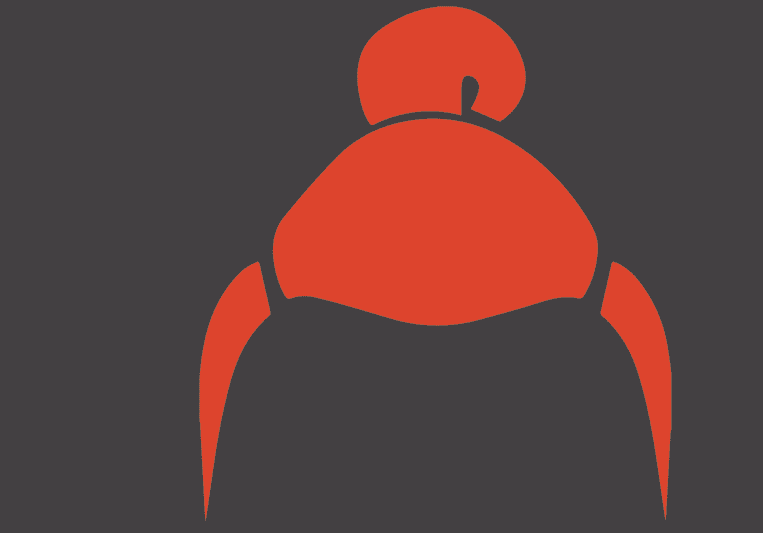
Versatile singer-songwriter and producer with a unique sound and a sharp ear for emotion. Whether you need soulful vocals, a radio-ready topline, or a full production that stands out, I bring a mix of artistry and precision to every project. Let’s make something unforgettable.
Send me an email through 'Contact' button above and I'll get back to you asap.
Credits
Interview with YCCMD
Q: Tell us about your studio setup.
A: I have a home studio, as well as a recording studio. The gear i use is: Rme Ucx, Blue Bluebird mic, Shure sm 57, Beta 58a, an Arturia Keylab 88, Taylor and Fender acoustic and electric guitars.
Q: What questions do customers most commonly ask you? What's your answer?
A: If tracking is hard to do by yourself and my answer is always no.
Q: Tell us about a project you worked on you are especially proud of and why. What was your role?
A: I produced, wrote, recorded, mixed all of my songs. Though the beginning was rough, feedback was harsh, i got better. I never thought i would do this for a job and i now do. It's a proud moment when given little next to no chance, to manage to exceed your own expectations.
Q: What are you working on at the moment?
A: One album for an independent artist, an EP for a soon to be launched female artist and my own 3rd EP.
Q: Analog or digital and why?
A: In a perfect world, analog, because of the freedom natural distortion offers. Digital is getting increasingly better and i feel the differences become to small to a consumer's ear.
Q: What's your 'promise' to your clients?
A: That I do my best.
Q: What do you like most about your job?
A: The level of emotion when you finish and post a new song.
Q: What's the biggest misconception about what you do?
A: Mixing is not important.
Q: What advice do you have for a customer looking to hire a provider like you?
A: Trust me
Q: If you were on a desert island and could take just 5 pieces of gear, what would they be?
A: A guitar, A looper, the shure sm57, a mechanically rechargeable generator and a big ass amp or speaker
Q: How would you describe your style?
A: Organized
Q: Which artist would you like to work with and why?
A: Brendon Urie, because i consider him to be a proper all-rounded artist. He can write, play, sing and produce.
Q: Can you share one music production tip?
A: High pass everything. Whatever low end doesn't need to be there must go.
Q: What type of music do you usually work on?
A: Anything goes
Q: What's your strongest skill?
A: Harmony
Q: What do you bring to a song?
A: I try and build around an artist and push the song to a point where the artist himself is not only satisfied, but surprised.
Q: What's your typical work process?
A: I might start building on some rhythm in Cubase, i could have some chords on the piano or guitar. I'll loop whatever i have and them work on some melody and songwriting. When a simple idea is starting to emerge it's easy to push it enough to become a viable product.
Q: What other musicians or music production professionals inspire you?
A: I love good songwriting so there's Ben Caplan, Mick Flannery, Bob Dylan, Bruce Springsteen. I love good production value, though I can't specifically name one. I feel producers as well as other professionals are more or less on the same level. It's either good or bad.
Q: Describe the most common type of work you do for your clients.
A: I can handle pretty much anything an artist has to throw at me, but i mainly produce.
Q: What was your career path? How long have you been doing this?
A: I've been doing this for 10 years. I started out by teaching myself some guitar, then harmony, I'm currently brushing up on my piano and honing my mixing skills. Production is rather boring when sample hunting so i try and rely on them as little as I can.

I was the Producer, singer, mixing engineer in this production
- Recording StudioContact for pricing
- ProducerContact for pricing
- Electric GuitarAverage price - $25 per song
- PianoAverage price - $25 per song
- Acoustic GuitarAverage price - $25 per song
- Mixing EngineerAverage price - $100 per song
- rme



